This documentary about "comfort women" should be watched by more Chinese people, the more, the better...
It is time for us to look directly at a word that is difficult to look at. It’s really too late to say it – comfort women, a group that has never been forgotten but also is hard to remember. In China alone, between 1932 and 1945, the number of women who were ravaged by the Japanese army during World War II was 200,000. By 2012, public information showed that there were only 32 surviving comfort women. And so far, there are only 15 survivors of comfort women in mainland China, and the number is still decreasing. They should not be seen as invisible-----

Thirty-two
This documentary is named by numbers, which not only concisely emphasizes the urgency of “rescuing history” but also is a helpless sigh of time and life.
The old woman Wei Shaolan is one of those thirty-two.
The 43 minutes of the film is nothing more than a thin book that records her life.
With one page, you will read the heavy weight of the whole book.
The truth of history is often filthy.
The traces of history are always light.
It’s history which can't be forgotten.
In December 2012, selecting the “comfort women” as the film theme, director Guo Ke filmed records of the “comfort woman” Wei Shaolan and her Chinese-Japanese mixed son living in Guilin, Guangxi.
At that time, there were only 32 "comfort women" survivors in the country, so the title was taken as Thirty-two.
Thirty-two has been showed in many places in China, the United States and the United Kingdom. The main awards include:
2013, China Documentary Academy Award - Best Photography (Cai Tao)
2014, China Image Film Festival - Best Documentary
2014, Phoenix Video Documentary Awards - Best Documentary Short Film
2014, Binhai International Micro Film Festival - Best Documentary
2015, China National Theme Documentary Retrospective Exhibition - Permanent Collection
On June 1, 2016, Guo Ke presented the original copy of Thirty-two to the Exhibition Hall of the Site of Nanjing Lijixiang Comfort Station and played it in the exhibition hall.

The director Guo Ke was at the donation ceremony
What is life? This documentary explains another meaning.
Thirty-two opened the dusty past with the beginning of Guilin Lijiang River.,
The scenery is beautiful, and the river is quiet,

You won't think of what has happened in this beautiful place.
Wei Shaolan told you in the thirty-two.
In 1944, Wei Shaolan was taken away by the Japanese army and sent to the Ma Ling Comfort Station.
The nightmare begins here,
After that, the comfort woman became her another identity,
The most shameful identity of a lifetime.

Ruins of the Comfort Station in Maling Town, Guangxi
In the winter of 2012, Wei Shaolan, the 92-year-old woman under the lens, was living in this tile-roofed house.
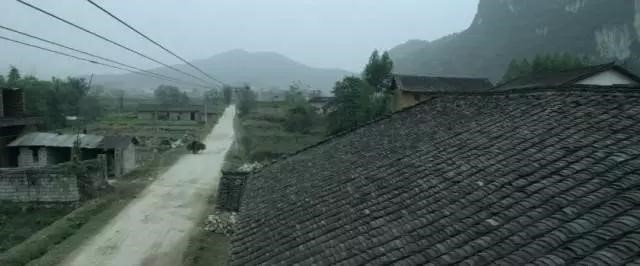
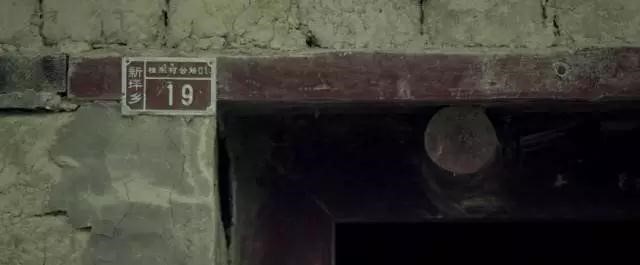
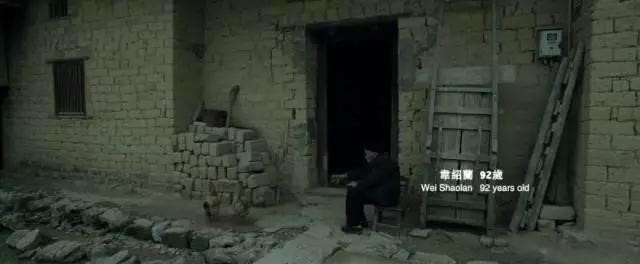
Thirty-two is very quiet,
The director is also quiet.
He uses the lens to quietly record the daily life of the elderly.
There is no narration and touching score.
Time has left deep imprint on Wei Shaolan, and she has a hunchback. She took the cloth bag with her and went out of the village.
Walking through the stone bridge and through the road across the village. Along the road was quiet lens language.

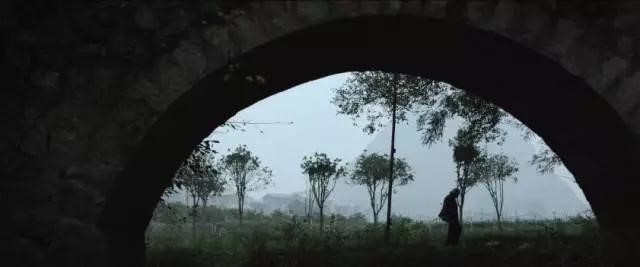
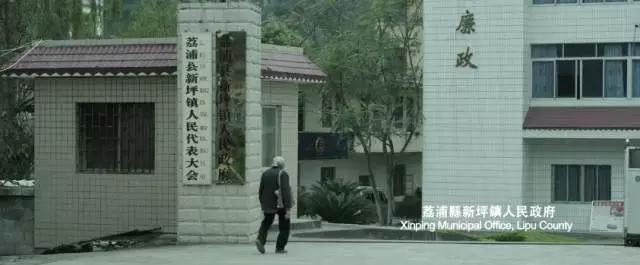
It turned out that Wei Shaolan was going to get the minimum government subsidy.
Ninety yuan for three months.
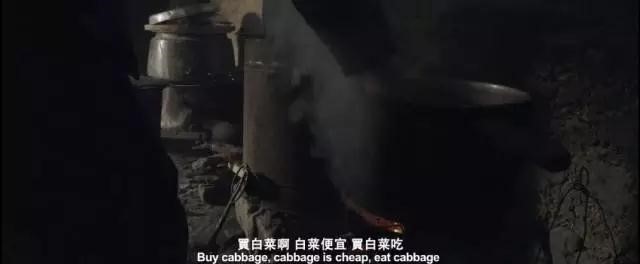


One day life began, like all other ordinary people, washing rice, cooking, and washing vegetables.
When the 92-year-old woman lifted two large buckets of water with shoulder, my heart hurts.
It is hard to imagine what Wei Shaolan had experienced in Ma Ling Comfort Station in 1944.
If she doesn't open her mouth, who will know what she has experienced?
Seventy years is a very long time. It’s so long that is almost a large half of our life.
Today, Wei Shaolan still remembers the story of that year.
She sat by the bed and began to tell in the local dialect.
The 92-year-old Wei Shaolan’s logic is still clear.
However, the language is extremely dull and simple, and there is not much emotion.
But as the narrative progresses, you will discover how memory affects every nerve of her.
First of all, the fear of the war.
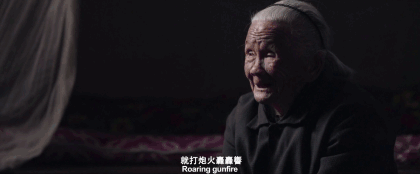
She continued to speak, meanwhile she couldn’t help but clenched her hands.
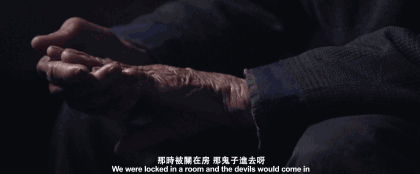
Finally, she looked at the interviewer in silence.
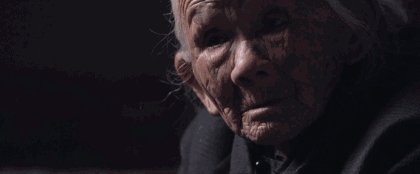
It seems that the language can never describe the incident, and the tears will never wash the bitter out of her heart.
She said, one day three months later, she took the chance of the Japanese soldiers napping to carry the daughter who was still in swaddling clothes and escaped from the comfort station. The nightmare ended
.... But really, is it over?
In those three months, Wei Shaolan was tortured by the beasts; for the rest of her life, she was tortured by the status of “comfort woman”.
Her husband hated her.
When she got home, she cried. She only knew she was too scared and didn’t have time for crying.
When she was back home, the husband said that she "went outside and did wrong things."
The husband’s mother-in-law and the neighbors persuaded him: don't blame her, don't blame her. But the husband couldn’t think it through and he went to the mountain to cut wood alone, not willing to speak with Wei Shaolan.

Later, she thought of suicide. She was too scared before, and she didn’t think about it.
The she took the poisonous drug but was rescued by the neighbors before she died.
After escaping out of the comfort station, Wei Shaolan was pregnant.
Her husband was angry at first, but in the end, he agreed to raise the child.
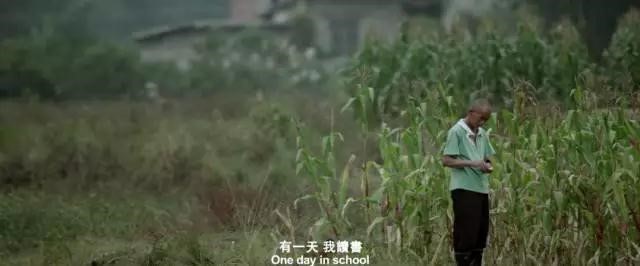
Luo Shanxue was born in 1945, the year of Japan's surrender.
Knowing the story of his birth, he learned that he can't ask for anything.
Luo Shanxue said: "A bowl of porridge is enpough."
He went on blind date with six girls, and often the girl agreed to be with him but the girl’s family didn’t agree. In 1981, he decided not to go to blind date any more. He concentrated on the cattle, for a lifetime.
He already knew it would be like this. From childhood, Luo Shanxue was isolated by his classmates. They pointed to him and called, Japanese, Japanese.
These three Chinese characters have been "engraved in his life, and destroyed this life."
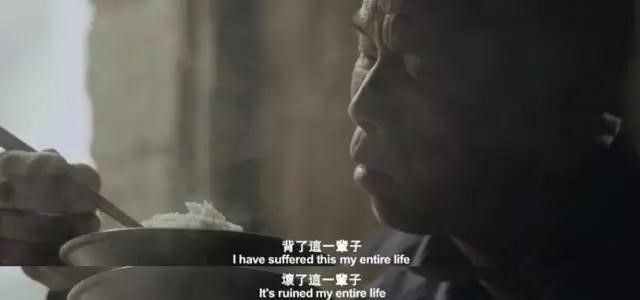
Thirty-two reminds us that –
Originally, we only knew the word "comfort women", but we have not seen the "comfort women" telling about the past. We have known that the Japanese have conducted brutal thins in the comfort station, but it is difficult for us to see how the surviving "comfort women" have passed the rest of their lives. .
The documentary is only 43 minutes, but it hides many stories.
Like this two shots: one is going and one is back –
The old woman walked to the town to get the money and came back in a van.
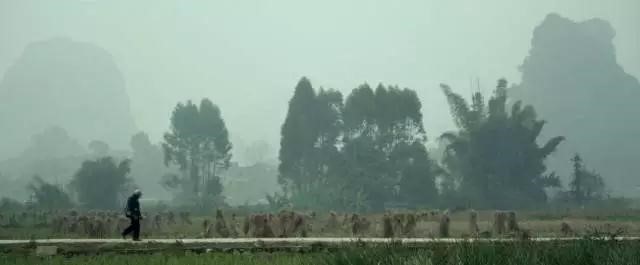

Is it because she received the money and could come back by car? Or is it because she had used up all her strength walking and could come back only by car? Or did she meet someone of the same village in the town and the latter brought her back?
We do not know.
Just like we don't know how the old Wei Shaolan spent the days and nights of silent tears.
We also don't know how many old people are like Wei Shaolan.
If there is no Thirty-two,
You won't know that the old Wei Shaolan was pregnant at that time; you won't know the inner struggle of Luo Shanxue; and you won't know the 92-year-old Wei Shaolan still can't forget the day 70 years ago...
At the end of the documentary, the old woman Wei Shaolan recalled when she was 13 or 14 years old, she and a group of young men and women were singing folk songs, so happy, like a bride.
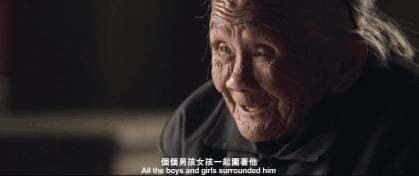
The lens slowly moves up and turns into an empty mirror, which is drawn from the world to the nature, showing the same scenery as the beginning.
At this time, the folk songs sung by the old woman were heard:
The sun comes out with a little red, and it shines into the room of a girl.
The empty room is better for play, and poor is better than short life.
Raining sky and slippery road, I fall down and I climb up.
I will solve my own worries and dry up my tears...
Some experiences, in the polishing of time, will be engraved into your body.
When telling about her own experiences, the old Wei Shaolan, whose language was simple and true, actually said the expression of a poet-like meditation –
Tears are flowing into the heart.

In the face of this sentence, how many people's writings will be eclipsed.
You can't write the similar sentence, because it’s the crystallization of suffering in a long time.
What you don't even think about is that, the aged Wei Shaolan actually said more than once, "The world is so good."
This world is so good,
I must save my life to review it.
The story of Wei Shaolan has come to an end in Thirty-two, but there are more stories of comfort women survivors worth of our listening.
Two years later, director Guo Ke began to prepare a new documentary.
However, the number has changed from Thirty-two to Twenty-two. In just two years, 10 of the survivors have passed away successively.
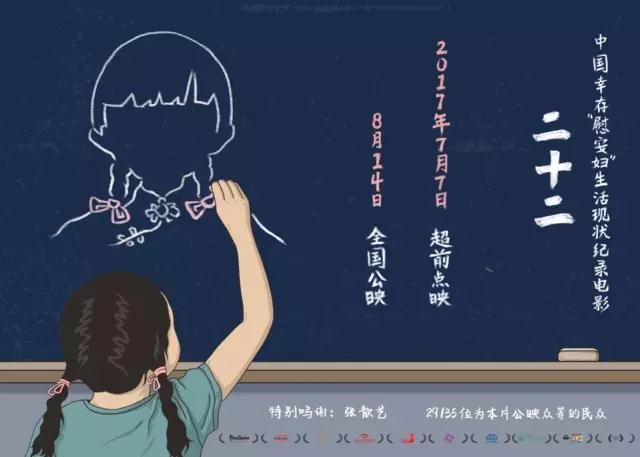
Just in this month, the number has entered the countdown of single digits.
At the beginning, the documentary filming funds and publicity expenses encountered major problems.
In order to let more people know about this history, at the end of 2016, Nanjing Exhibition Hall of the Site of Nanjing Lijixiang Comfort Station launched the “Wake up the Historical Memory of Comfort Women” project on the Tencent Public Welfare Open Platform, with a target fundraising of 1 million yuan and a recruitment time of 56 days.
In the end, the project received 28,803 people’s support and obtained 1,000,467.23 yuan fundraising, which solved the urgent needs of the crew.
At present, the Twenty-two has not been officially released.
However, since July 7, the large-scale limited release activities have been launched in 38 cities across the country, and the film will be officially released on August 14.
If there’s Twenty-two, go to the cinema for it.
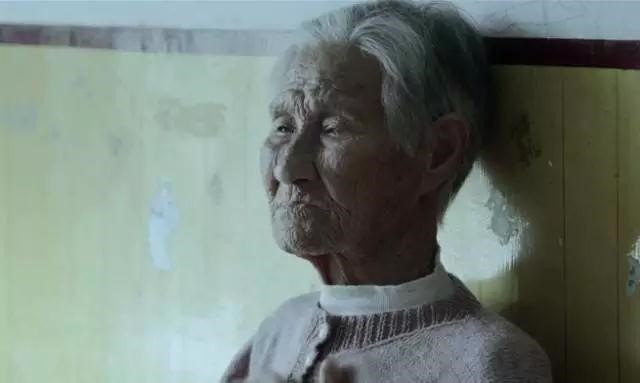
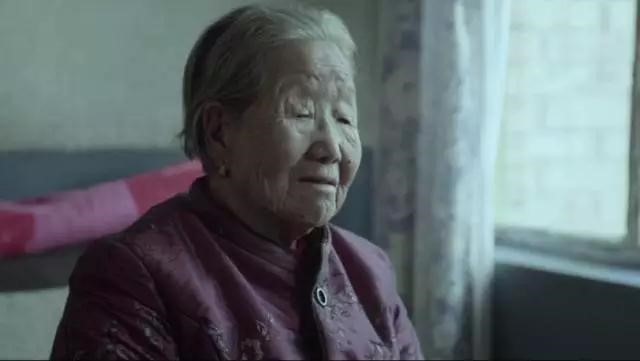
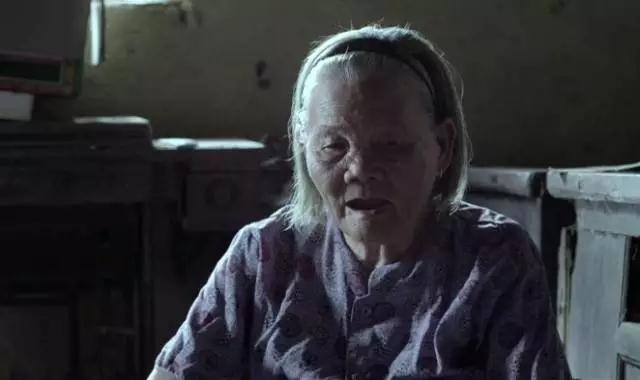
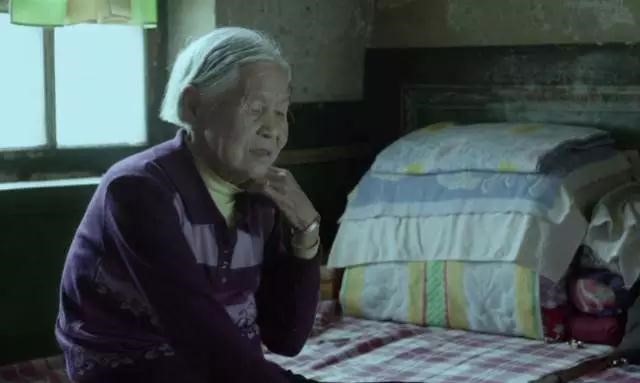
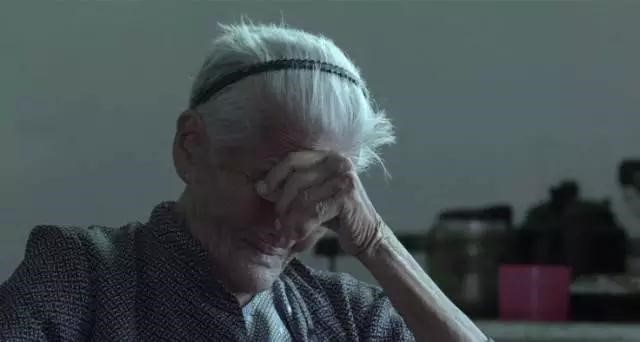
Photos in this report are from the Internet
Before the crew was formally established, they shot the funeral of the aged Zhang Gaixiang in Shanxi, but the survivors are still leaving the world one by one.
We come too late and they pass away too fast.
We don't want the history to continue to fade away in silence.
No matter the film is excellent or not, I just want to go to see them in the theater.
And remember them in mind.
Editor of this issue: Xia Qiankun, part of the content from sir movie

